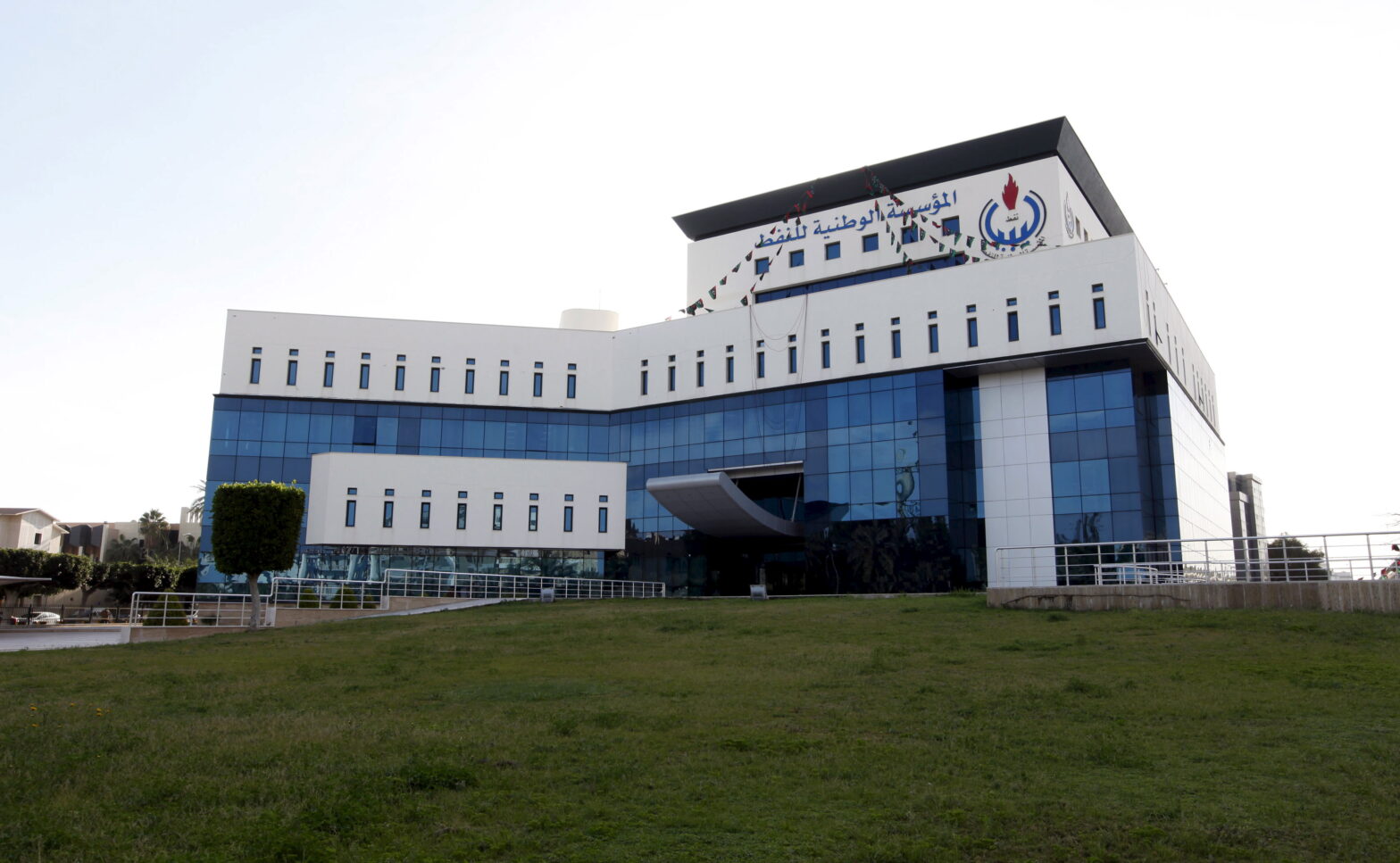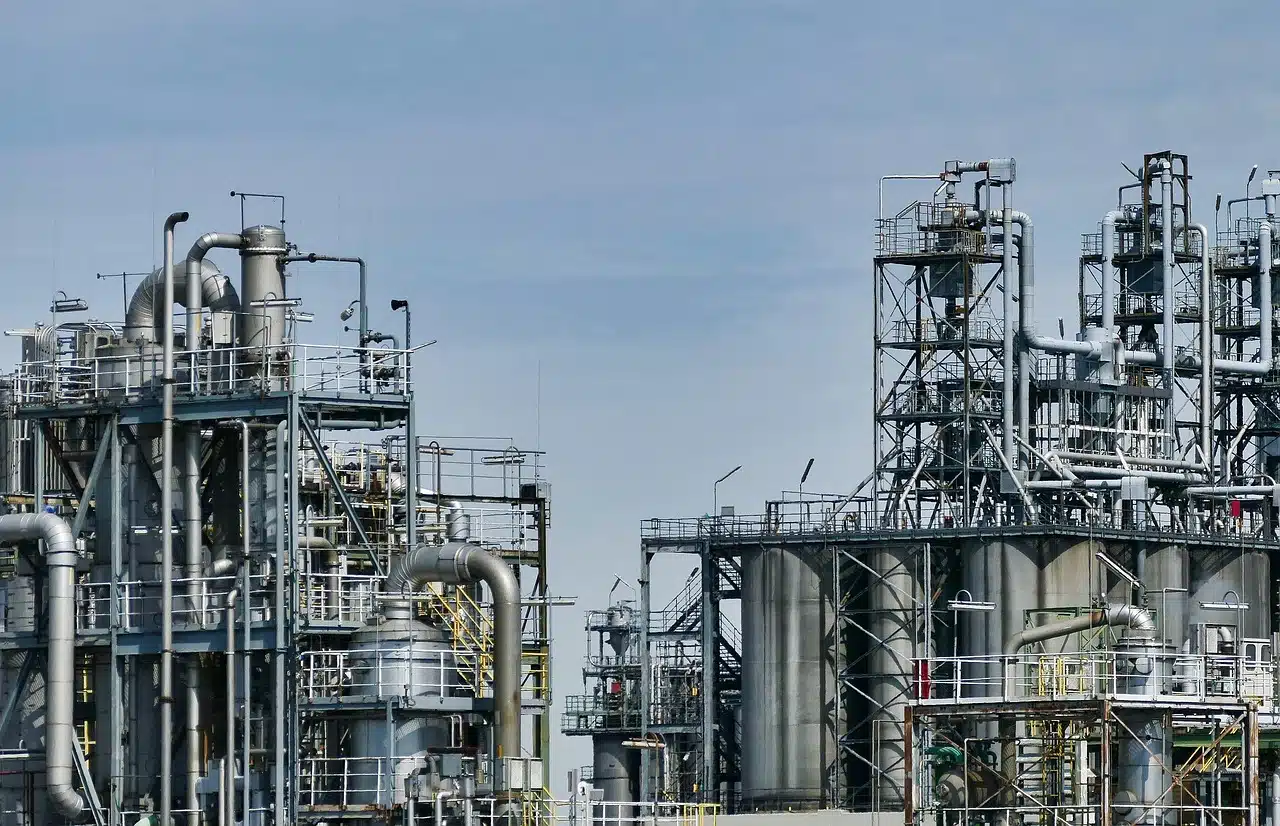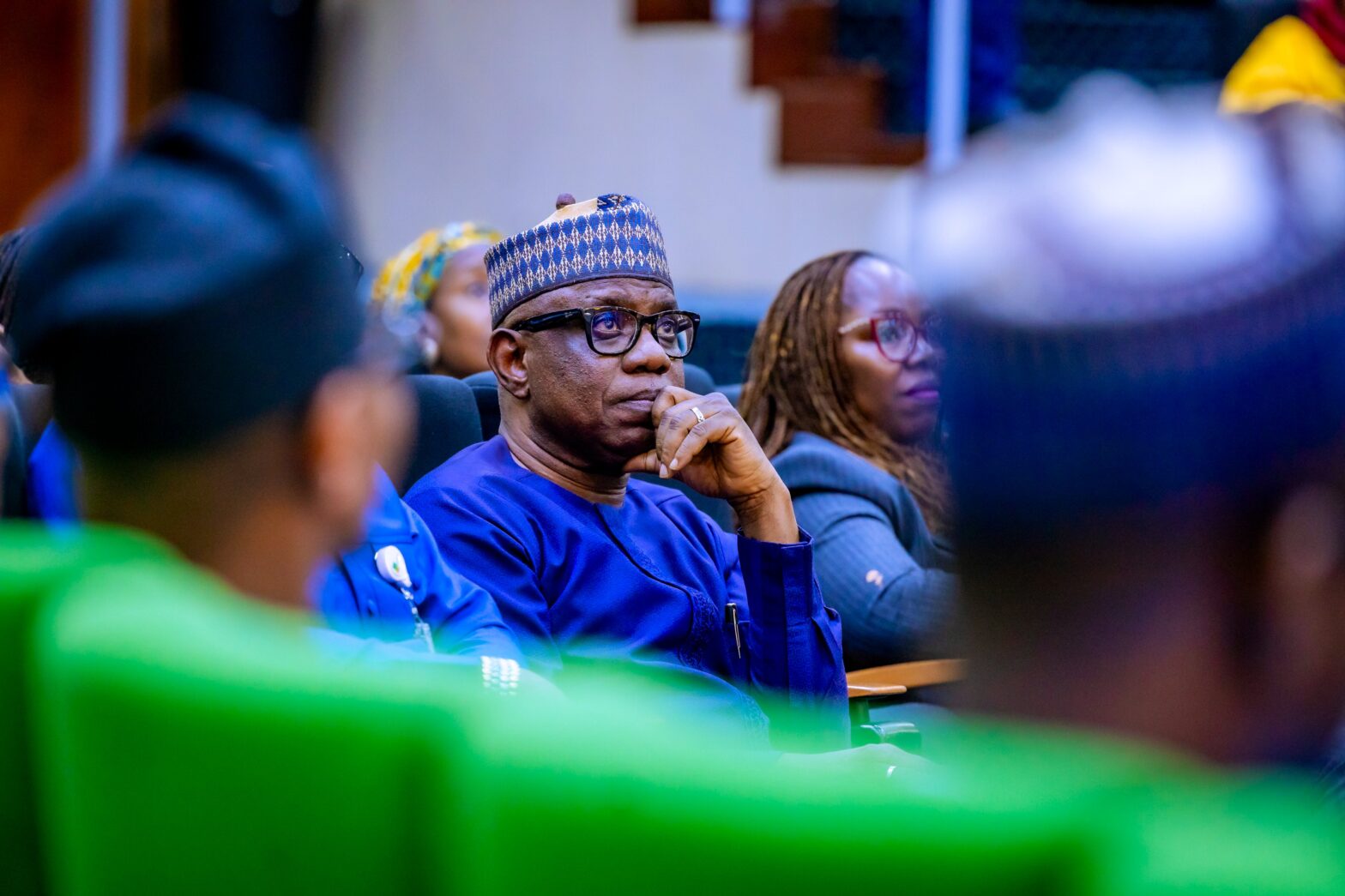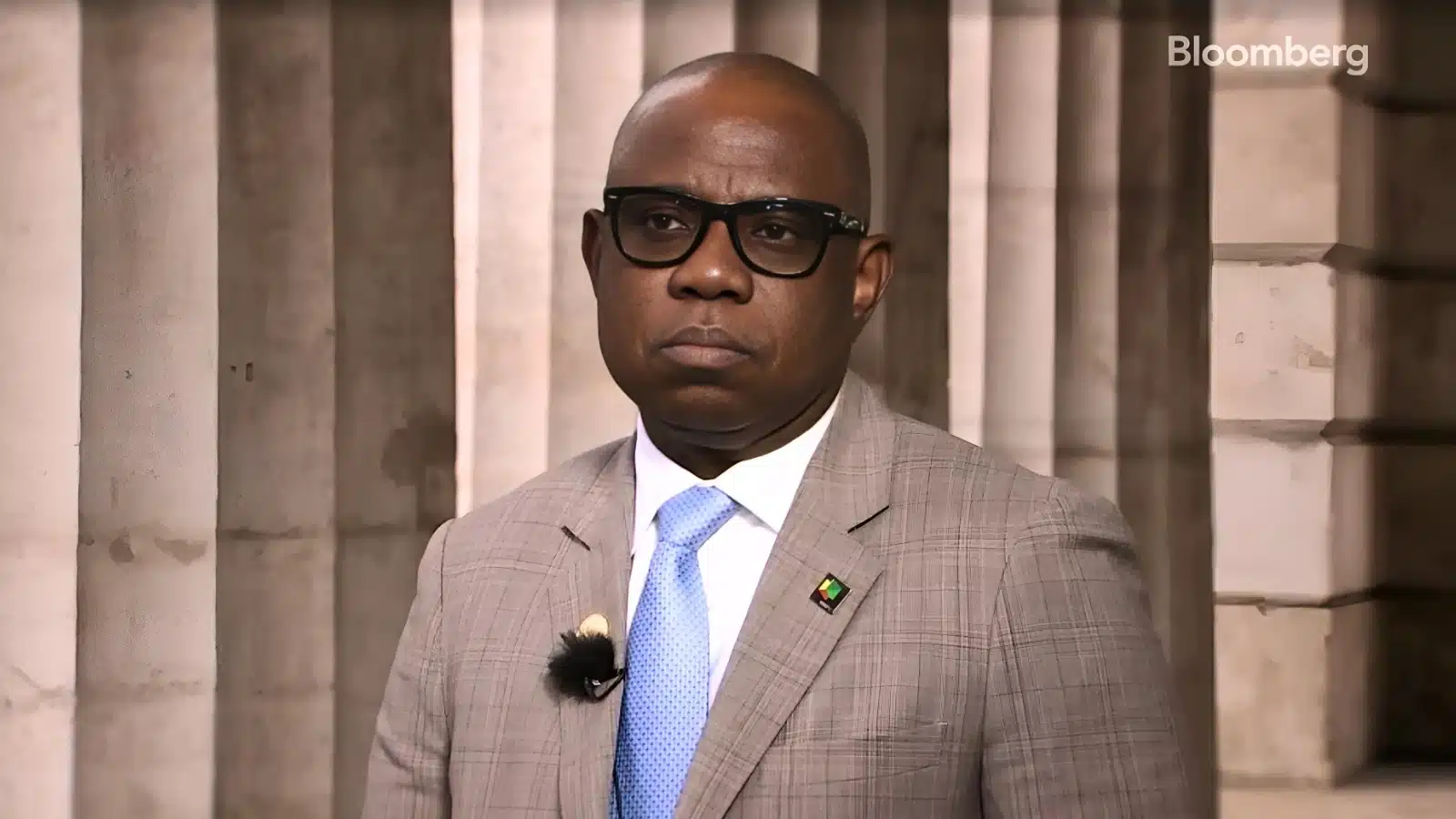Nigeria is once again grappling with a familiar crisis—pipeline explosions. Within the past forty-eight hours, two oil facilities have gone up in flames, reigniting fears of renewed instability in the Niger Delta.
Reports from local newspapers suggest that these incidents could have serious implications for the country’s oil production at a time when the sector is finally showing signs of recovery.
For the past few years, Nigeria’s oil-producing region has enjoyed relative stability, allowing crude output to rise and fostering optimism about the future of the industry.
In December 2024, the country met its OPEC production quota of 1.5 million barrels per day, a significant achievement for an economy still heavily dependent on oil exports.
However, the latest explosions in Rivers State threaten to undo these gains, raising concerns about the potential resurgence of sabotage, theft, and political unrest.
Pipeline vandalism and an unsettling pattern
Pipeline explosions in the Niger Delta are neither new nor random.
The region has long been plagued by sabotage, oil theft, and operational lapses, all of which have led to periodic disruptions in production.
The recent incidents appear to fit this troubling pattern.
The first explosion occurred on the Trans-Niger pipeline, one of the country’s largest, which spans approximately 180 kilometers (112 miles) and has the capacity to transport 450,000 barrels of crude oil per day.
The blast sent thick plumes of smoke into the sky, visible from miles away.
Before authorities could fully assess the damage, a second explosion rocked another facility in Ogba/Egbema/Ndoni Local Government Area, also in Rivers State.
With two attacks in less than two days, fears are mounting that this could mark the beginning of a larger wave of disruptions.
While investigations are ongoing, many suspect that oil thieves or militant groups may be responsible.
At the time of this report, the police authorities said two alleged culprits have been apprehended.
Political crisis in Rivers State adds layer of uncertainty
Meanwhile, the incidents also come at a time of heightened political tensions in Rivers State, leading to speculation that they could be linked to the power struggle currently unfolding in the region.
The timing of these explosions coincides with an escalating political crisis in Rivers State—one that has drawn national attention and could have serious economic consequences.
The conflict stems from a bitter feud between Rivers State Governor Sim Fubara and his predecessor, Nyesom Wike, who now serves as a minister in President Bola Tinubu’s administration.
What began as a struggle for political control has since taken on ethnic and regional dimensions, leading to growing unrest in the state.
As the crisis deepened, President Tinubu took the drastic step of declaring a state of emergency in Rivers.
In an unprecedented move, the president suspended Fubara, his deputies, and all state legislators, appointing a naval officer to oversee the administration for the next six months.
While Tinubu’s office insists the judiciary remains intact, critics argue that the decision is unconstitutional and could further destabilise the region.
Fubara has yet to publicly respond to his suspension, and it remains unclear how the new arrangement will play out.
However, one thing is certain—if the crisis spirals further, it could have direct consequences for Nigeria’s oil production, given Rivers State’s crucial role in the sector.
A threat to Nigeria’s oil production gains
For a country that has spent the last few years struggling to revive its oil industry, this latest crisis could not have come at a worse time.
Nigeria has only recently begun to recover from years of oil theft, bunkering, and vandalism that pushed production below 1 million barrels per day.
According to the Nigerian Upstream Petroleum Regulatory Commission (NUPRC), output stood at approximately 1.46 million barrels per day as of February 2025—still below its OPEC quota but showing a steady upward trend.
This improvement has helped stabilise government revenues, allowing the economy to recover from inflationary pressures caused by President Tinubu’s economic reforms.
Authorities have also intensified their crackdown on illegal refining and criminal activities, making strides toward securing oil infrastructure.
All of that progress is now under threat.
Rivers State accounts for about 35% of Nigeria’s total oil production, and any sustained unrest could significantly undermine output.
If the crisis continues, the impact will extend beyond OPEC obligations, affecting domestic supply as well.
The newly operational Dangote refinery, which aims to reduce Nigeria’s reliance on imported fuel, depends on a steady flow of crude oil—something that could be disrupted if violence escalates in the Niger Delta.
For Nigeria, ensuring stability in its oil-producing regions is not just a matter of maintaining production quotas—it is essential for broader economic recovery.
Walking a fine line in a fragile region
The Niger Delta has always been a volatile region, and any miscalculation by the government could plunge it back into large-scale unrest.
For much of the 2000s, the region was a battleground for militant groups, criminal syndicates, and oil thieves.
The violence led to widespread killings, environmental degradation, and billions of dollars in lost revenue.
Successive administrations attempted to address the crisis, but military crackdowns and political negotiations yielded little success.
It was not until President Umaru Yar’Adua introduced the 2009 amnesty program—offering financial incentives and reintegration opportunities to militants—that the violence subsided.
That fragile peace was not easily won, and if current tensions are mishandled, it could unravel quickly.
The Rivers crisis, if allowed to escalate further, could reignite grievances among former militants and trigger a new wave of unrest, with oil infrastructure as a primary target.
For the federal government, the challenge now is to contain the political crisis without fueling broader instability in the Niger Delta.
A misstep could be costly, not just for the oil industry, but for national security as well.
Challenge for indigenous oil companies
Adding another layer of complexity is the fact that many of the assets now under threat belong to Nigerian-owned companies, following the exit of international oil majors from onshore operations.
Over the past decade, global oil giants such as Shell, ExxonMobil, Eni, Equinor, and BP have steadily divested their onshore assets, citing security risks and environmental liabilities.
Shell, the latest to pull out, sold its seven-decade-old onshore assets to the Renaissance Group for $2.4 billion.
While this shift has given local firms the opportunity to play a greater role in the industry, it has also exposed them to enormous risks.
Unlike Shell, which could absorb the financial burden of oil spills, sabotage, and litigation, most Nigerian companies lack the resources to withstand repeated attacks on their infrastructure.
For the international oil companies, exiting Nigeria’s onshore sector was a strategic retreat.
For local firms, it is a high-stakes gamble. Whether they can navigate the growing security risks remains an open question.
Foreign investment at risk
Moreover, the crisis in Rivers State also threatens Nigeria’s efforts to attract foreign investment into its oil and gas sector.
The government has been actively courting global investors, aiming to secure $10 billion in new capital inflows, according to statement by the presidential aide on energy, Olu Verheijen.
However, persistent instability could derail these efforts.
In 2024, total foreign investment in Nigeria’s oil sector barely exceeded $10 million—a meagre figure far below expectations.
While Shell recently committed $5 billion to its offshore Bonga North project, further investment in Nigeria’s onshore sector remains uncertain.
With rival African nations such as Namibia, Côte d’Ivoire, and Guinea offering more stable investment climates, Nigeria risks losing out if it fails to secure its oil-producing regions.
For investors, the message is clear: without a guarantee of security, their capital will go elsewhere.
Nigeria, already struggling with a weak investment climate, cannot afford to ignore this reality.
As the Rivers crisis unfolds, the choices made in the coming weeks could determine whether Nigeria’s oil industry continues on a path to recovery or falls back into instability.
The stakes, both economic and political, could not be higher.










